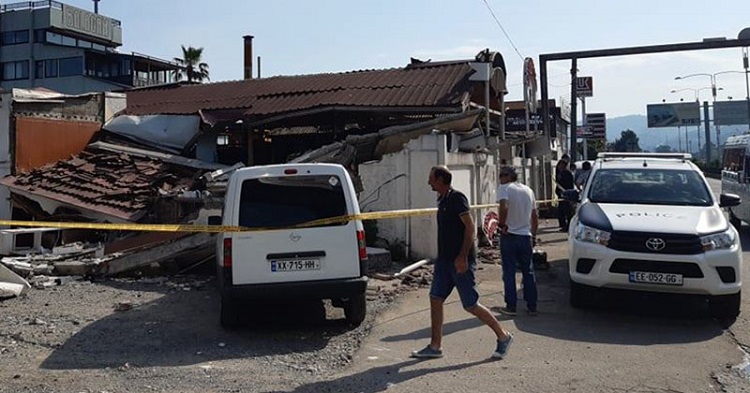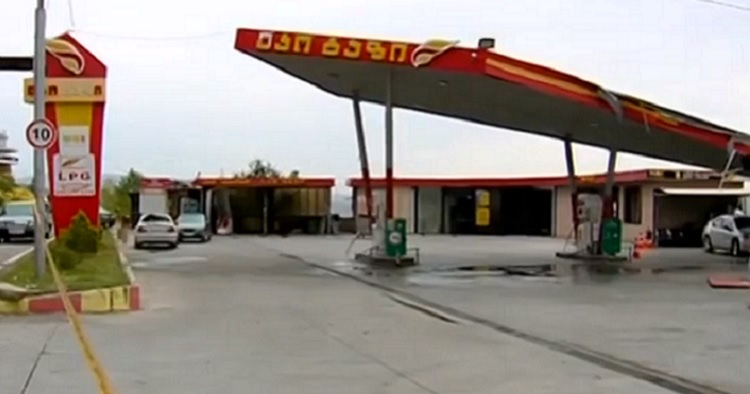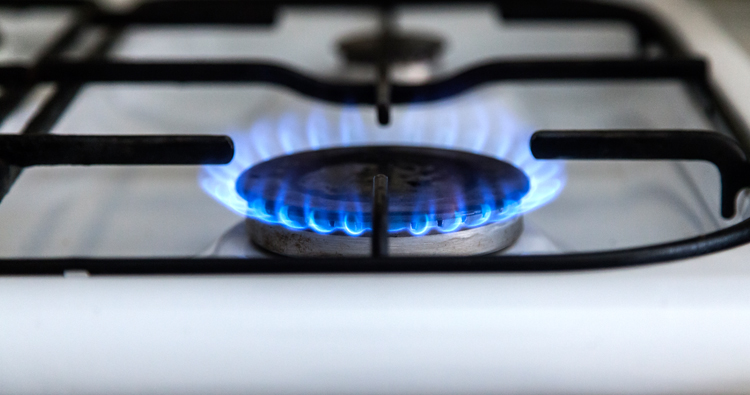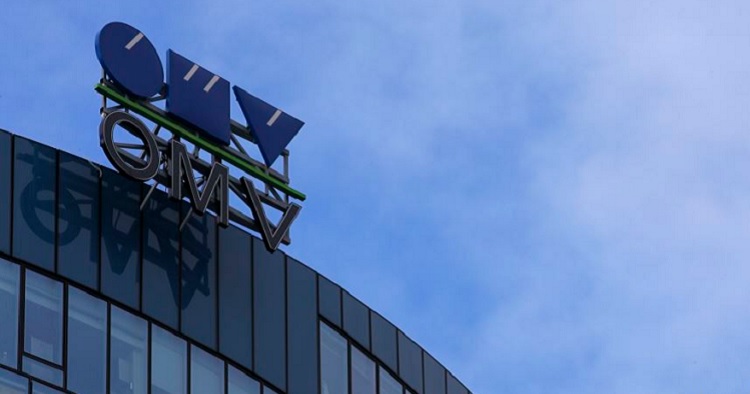Will the price of liquefied petroleum gas increase after tax amendments?

If the changes are approved, the current two-stage model of taxation of LPG will be replaced by a single-stage model, and importers will pay a single excise tax upon import. Photo: Nino Alavidze/Agenda.ge.
A new excise tax mode may be imposed on liquefied petroleum gas (LPG), the aim of which, its authors say, is to discourage the practice of declaring other petroleum products as excise free LPG, and to prevent tax avoidance when importing petroleum products.
If the changes are approved, the current two-stage model of taxation of LPG will be replaced by a single-stage model, and importers will pay a single excise tax upon import.
Based on the two-stage model of taxation, in addition to 120 GEL excise tax per tonne, import companies pay an additional 180 GEL tax on LPG if it is to be used for motor vehicles.
The Union of Oil Product Importers say that people are avoiding paying additional 180 GEL to the budget.
According to the initiative, the excise tax on LPG may be 450 GEL ($148.1/€130.2) per one tonne.
One author of the bill, MP Irakli Makhatadze, says that the price of LPG will not increase for consumers. He added that if the changes will be followed by a price increase of LPG, the Ministry of Economy will subsidise the price, but did not specify any details.
Some members of the parliament were skeptical about the issue.
MP Levan Gogichaishvil said that it is not realistic to add the excise tax and not increase the price.
At the first stage, it is welcome by oil importers, because when you increase the excise tax on liquefied petroleum gas, its price will become so high that people will no longer use liquefied petroleum gas and this business will die, so the expectation of tax collection in the budget will not be met,” said Gogichaishvili, adding that 2,500 individuals will lose jobs in this case.
The changes will increase the price of LPG which is more eco-friendly than other fuels, so the initiative contradicts the green economy policy,” said MP Beka Natsvlishvili.
Deputy Chairperson of the Parliament Mamuka Mdinaradze asked the initiators to present more reliable arguments how the price of LPG will not increase for consumers by the second reading of the bill.
The Business Association of Georgia (BAG) has also addressed the parliament with a request to tax excise-free LPG.
Head of the GLP Georgian Association Nika Khoperia says that it is a targeted attack on the liquefied gas business by large companies importing gasoline, diesel and natural gas.
The Business Association of Georgia is a merger of the largest importing organisations of petroleum products and its aim is to eliminate their competitor (LPG) from the market,” says Khoperia.
He said that the competitor of LPG is not natural gas, but rather petroleum.
 Tweet
Tweet  Share
Share




